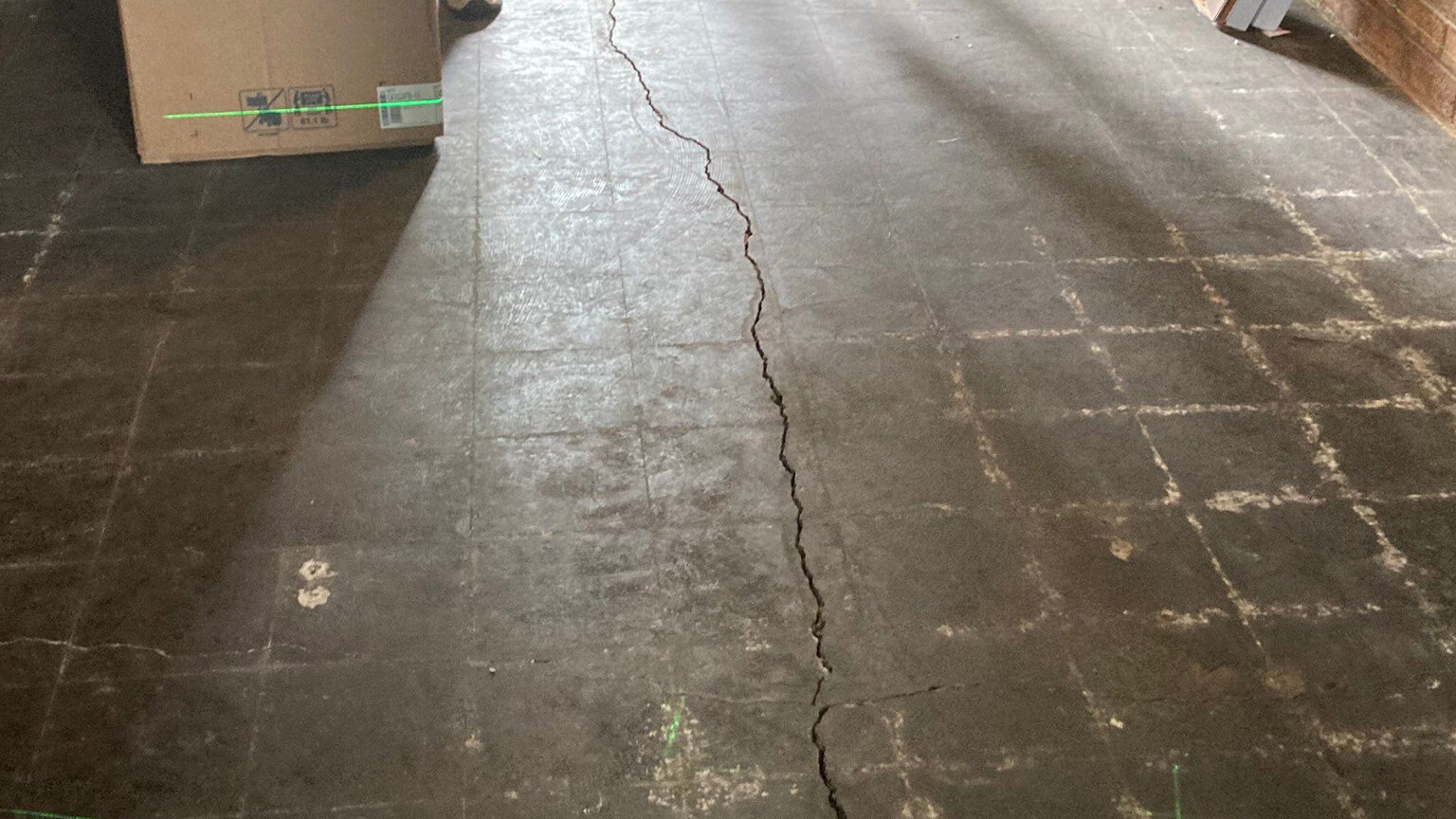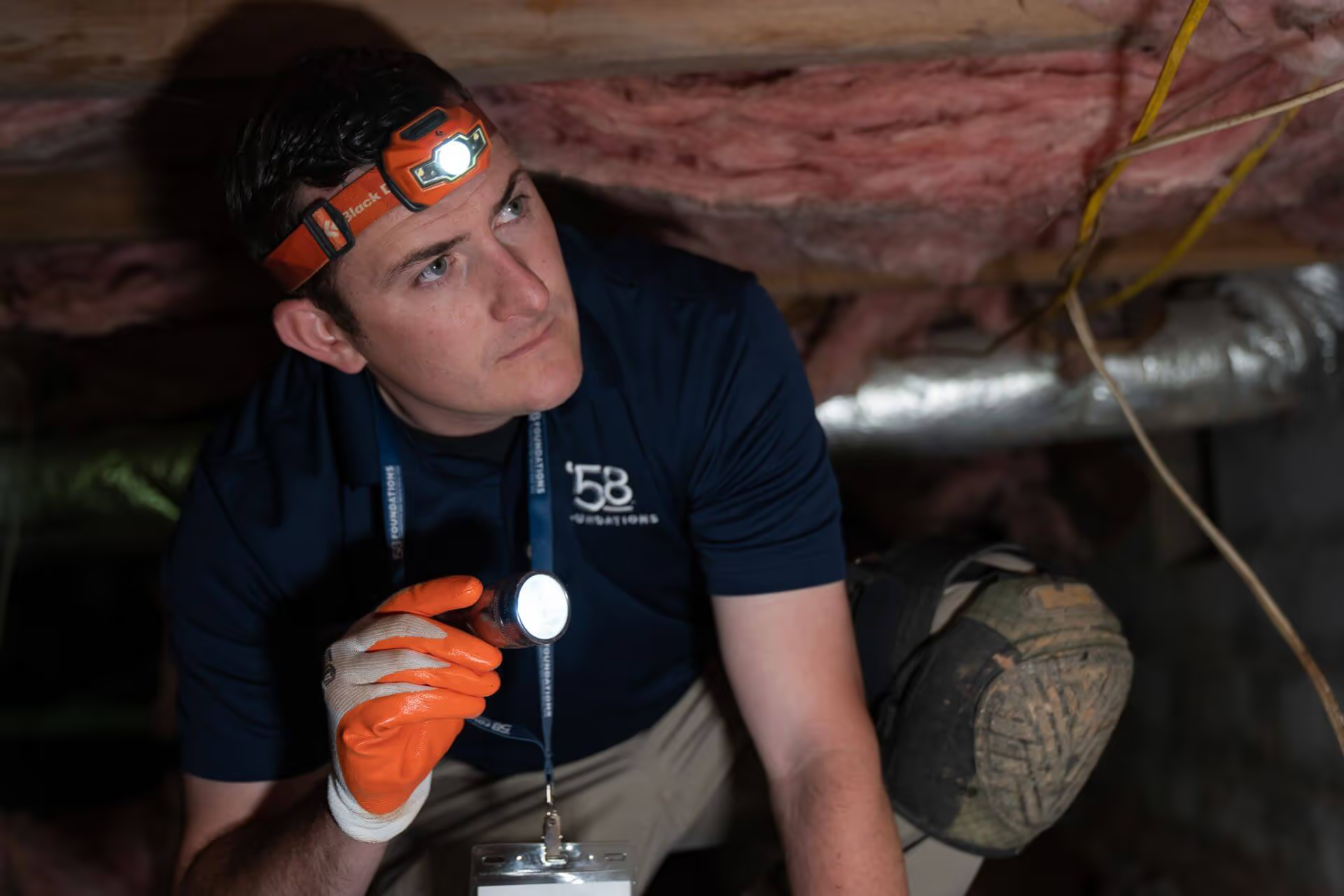Basement floor cracks can indicate foundation settling, hydrostatic pressure, or soil movement. Discover what causes these cracks and how expert foundation repair and waterproofing can prevent further damage and protect your home’s stability.






Understanding Basement Floor Cracks: Causes, Indicators, and Solutions
Basement floor cracks can be both minor cosmetic issues or serious indicators of underlying structural problems. Their presence, type, and severity can shed light on the health of your home’s foundation.
Types & Causes of Basement Floor Cracks
Signs of Underlying Issues with Basement Floor Cracks
Preventive Measures & Solutions
Conclusion
Basement floor cracks are more than just aesthetic concerns; they’re windows into the health of your home’s foundation. Recognizing, understanding, and addressing these cracks early can help homeowners avoid costly repairs down the line. Always prioritize professional consultation when in doubt to ensure the safety and longevity of your home.






We respect your privacy. By submitting, you authorize '58 Foundations and Waterproofing to reach you via call, email or text for information about your project needs. We will never share your personal information with third parties for marketing purposes. You can opt out at any time. Message/data rates may apply. Consent is not a condition of purchase. Privacy Policy